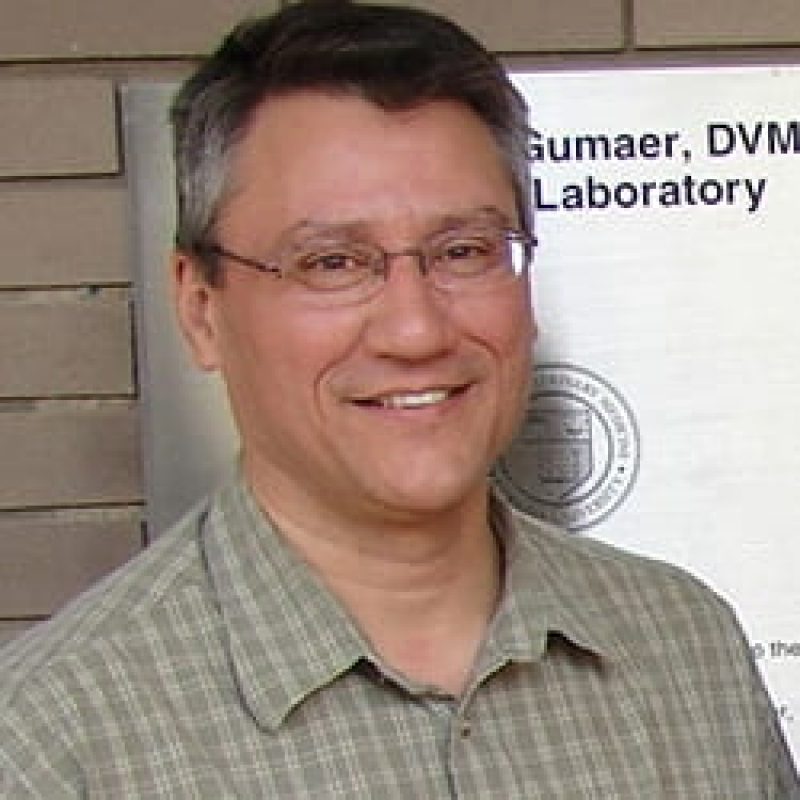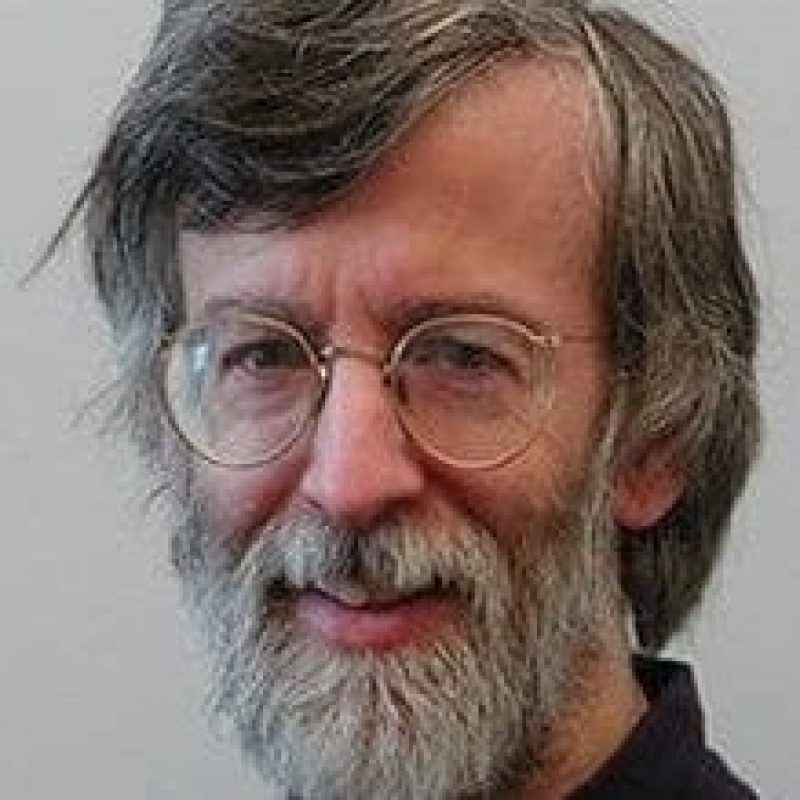Tag: Veterinary/Clinical Research
-

Gabrielle Le-Bury
Macrophages are susceptible to HIV-1 infection and are resistant to virally-induced cell death. Alveolar macrophages (AM) in particular are known to be extremely long-lived and self-renewing, and have been shown to be both permissive to HIV-1 infection and persist in the face of Anti-Retroviral Therapy[...] -

Luis Schang
Dr. Schang uses small molecules with drug-like properties to probe the ways viruses cause infections. He is most interested in finding common features among the many viruses that cause disease in animals or humans, including how they enter cells and how they replicate and cause[...] -

David Russell
My program is focused on drug discovery and the pathogenesis of infectious human disease. We work closely with the Gates Foundation and the California Institute for Biomedical Research to run high-throughput drug screening on Mycobacterium tuberculosis within the context of the host. We also have human subjects[...] -

Scott McArt
We study how pathogens influence pollinator health. Students collect data on plant-pollinator visitation networks, pathogen prevalence in bees and at flowers, pathogen replication and impacts on host survival, or conduct manipulative experiments to understand transmission parameters. The overall goal of our work is to improve[...] -

Daniel Klessig
Our research is focused on understanding how plants protect themselves against microbial pathogens at molecular and cellular levels. Major goals are to determine the mechanisms of salicylic acid (SA) activation and regulation of the plant’s immune responses, and to identify new targets or aspirin (acetyl[...] -

Gerald Duhamel
My research is focused on the eukaryotic cell DNA damage response (DDR) to a novel bacterial genotoxin called cytolethal distending toxin (CDT) within the context of intestinal disease of human and animals. I also have extensive experience in the development and assessment of laboratory animal[...] -

Andrew Clark
We study the molecular evolution and population genetics of the immune system in Drosophila and other insects, specifically focusing on comparative genomics and transcriptional regulation of the immune response. We also explore host genetic variation in microbiome composition and function in a large human twin study and[...] -

Yung-Fu Chang
My research focuses on the pathogenesis of bacterial diseases and vaccine protection mechanisms. My lab is working on the interaction of host receptors and virulence factors of C. difficile (toxins), Leptospira spp, and F. nucleatum (adhesins). We are also working on the mucosa immunity against F. nucleatum and M. avium subsp. paratuberculosis using outer membrane vesicle[...] -

Gary Whittaker
My lab has a broad interest in the structure and function of viral envelope proteins, and how genomic mutations lead to changes in the envelope proteins and control viral pathogenesis. We primarily study influenza viruses of humans and animals, and coronaviruses, principally, SARS-CoV, MERS-CoV and[...] -

Brian VanderVen
We study how M.tuberculosis is capable of surviving within humans for decades in the face of a fully competent immune response. Our focus is primarily on the bacterial pathways, innate immunity, and the evolution of bacterial drug resistance in mammalian hosts.
